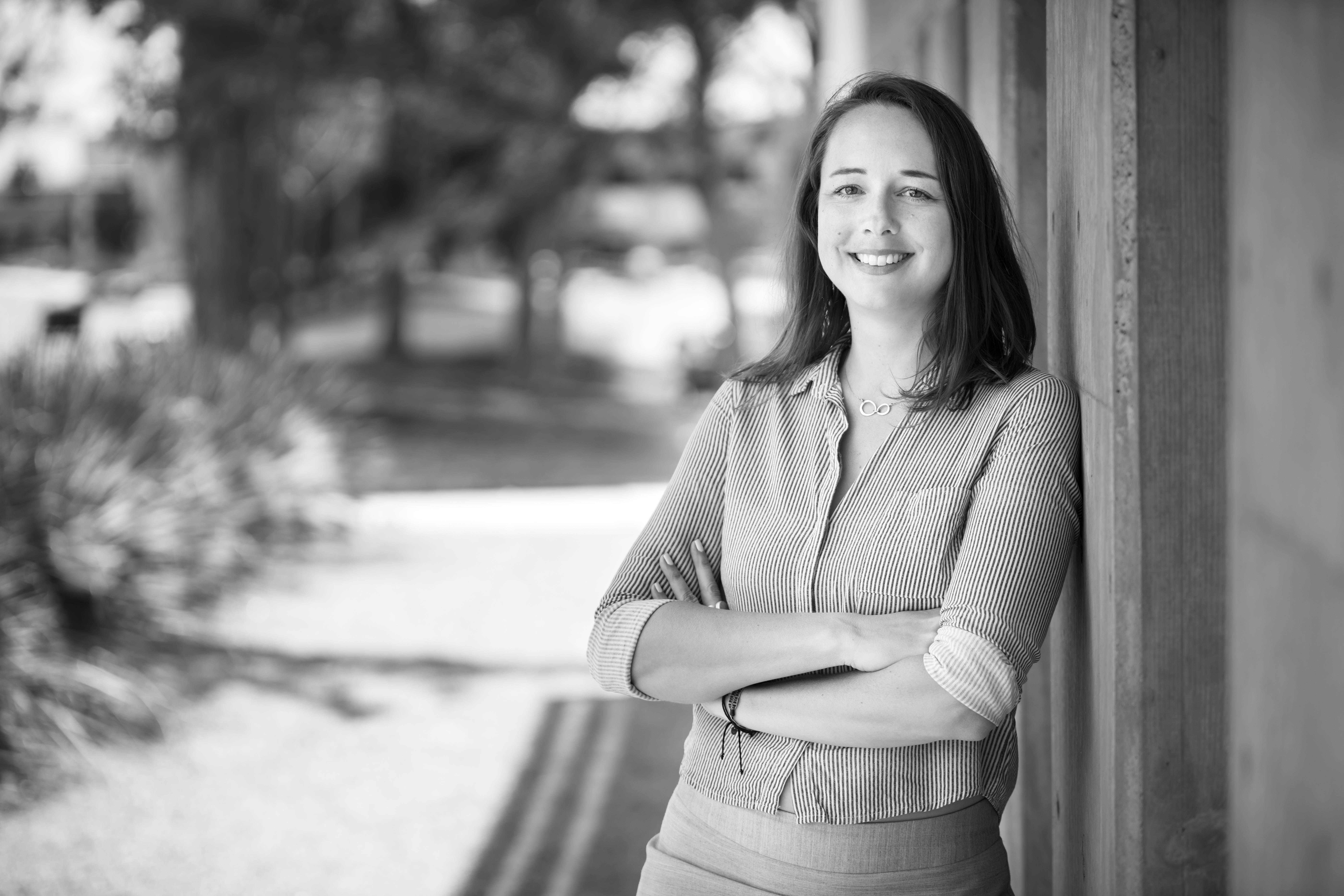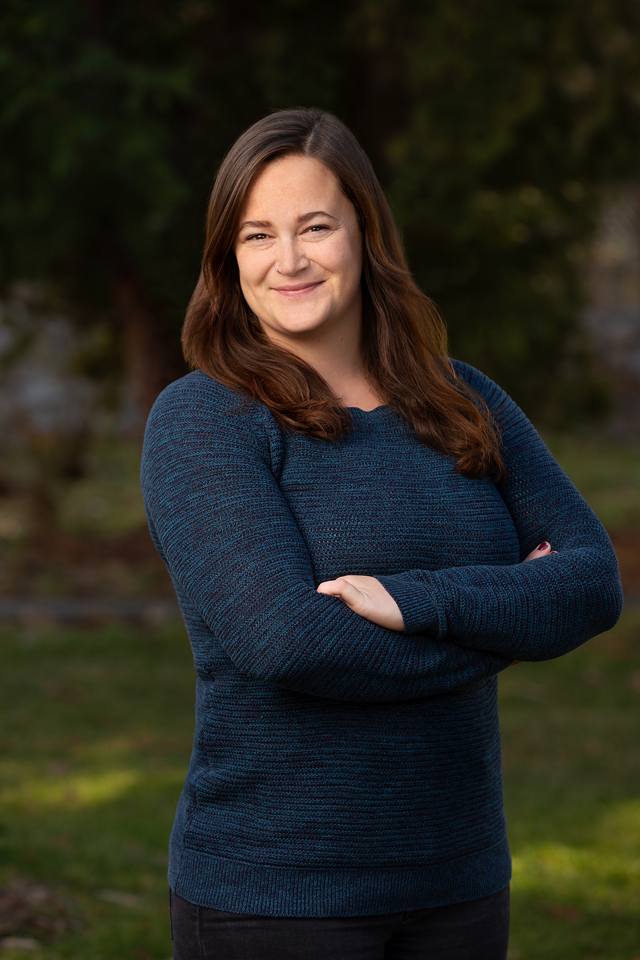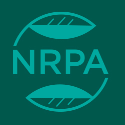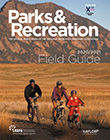
2021 Speed Session Bundle: Case Studies
-
You must log in to register
- Non-Members - $50
- Members - $35
- Premier Members - $35
This bundle is worth 0.1 CEU and contains the following three speed sessions from NRPA's 2021 annual conference:
Bringing Play Downtown - Activating Civic Plaza in Albuquerque, New Mexico (Session 006)
Urban public squares and plazas are important civic spaces. They are equitable, democratic and provide a fundamental platform for free speech. Plazas and squares built in the 1970s typically consist of expansive, paved spaces, with no transition between small and large scale, discouraging everyday use. This results in underutilized spaces in the hearts of many cities. Spaces built in the 1970s are eligible for listing on historic registers, potentially making it more difficult to re-envision and transform them to meet the diverse needs of today's users. The presenter will describe the development and construction of a transformative design of urban playground to activate 1970s urban downtown space, using Albuquerque's Civic Plaza as an example. She will explain what design elements and programming strategies were used to bring the community back into this space and how those strategies relate to bringing vibrancy and play into the heart of a city.
Learning Objectives:
- Understand how to re-envision and re-construct downtown spaces through design, programming and play into equitable spaces that meet the current public's needs.
- Recognize the importance of edge conditions and access — both physical and visual — to bring people into a place.
Truckee Meadows Parks Foundation: Wetland Restoration Project (Session 031)
Truckee Meadows Parks Foundation is in the process of restoring a decommissioned city golf course back into a functional wetland system and nature study area. The restoration is a community-driven project that will conserve a rare and diverse habitat in Nevada's Great Basin Desert. Conservation of Wetlands, especially in desert systems, is vitally important due to their disproportionately high levels of biodiversity and ability to store large amounts of water. Not only will the restoration of this property conserve vital habitat for native wildlife, but it also will create a high-quality nature study area that is easily accessible. The property is located adjacent to a high-traffic parkway and is near public transportation, allowing the area to be visited easily using alternative forms of transportation. This project is able to uniquely blend conservation goals with community needs. Not only will the restoration of this property conserve vital habitat for native wildlife, it will also create a high quality nature study area that is easily accessible. The property is located adjacent to a high traffic parkway and is near public transportation allowing the area to be visited easily using alternative forms of transportation. This project is able to uniquely blend conservation goals with community needs.
Learning Objectives:
- Gain a greater understanding of the importance of maintaining open space in communities.
- Understand the role the community can play in conservation and stewardship of parks, trails and open spaces.
Selfishness vs. Freedom: The 50-Year Fight to Change the City of Palo Alto's 'Residents Only' Law for Its 1,400-Acre Park (Session 027)
'I refuse to sell my share,' my grandmother said to her spouse when he wanted to develop their ranch in the foothills west of Stanford University. 'I want it to be kept as open space.' The City of Palo Alto, California, bought the land, but then limited access to this magnificent 1,400-acre park to its own residents. 'It's okay to be selfish once in a while, isn't it?' a resident of Palo Alto, one of the country's wealthiest communities, wrote regarding the 'residents only' policy. After World War II, Palo Alto had a history of housing discrimination and as a result, many African American families could not live in Palo Alto and, consequently, were not able to use this park. In 2020, the attorneys for the ACLU and the NAACP sued Palo Alto on behalf of several plaintiffs, including myself. We negotiated successfully with the city council to open the park to all based on the following argument: that since this is a park purchased and operated with public funds, free speech and access must be for all.
Learning Objectives:
- Understand laws governing access to parks and open spaces.
- Discuss how histories of discrimination affect policies today.
- Explain the need for access to more open spaces in areas experiencing population growth, as well as the lack of coordination between various public agencies that own open spaces.

Jitka Dekojova (she/her)
University of New Mexico; Dekker / Perich / Sabatini
Jitka Dekojova, ASLA, SITES AP, is trained as a landscape architect and an environmental planner. She is well equipped to balance both aesthetics and ecology in landscape design to create resilient landscapes. While emphasizing adaptive reuse and green stormwater infrastructure, Jitka also takes into account the ephemeral phenomenological aspects of the urban environment: the need for whimsical elements, the joy of unexpected discovery in everyday urbanism, the advantage of flexibility in planned spaces, and the importance of mix of people to bring vibrancy into urban spaces. Jitka serves as ASLA (The American Society of Landscape Architects) trustee representing New Mexico chapter and teaches at the University of New Mexico. She works at Dekker/Perich/Sabatini, a multi-disciplinary design firm with offices in AZ, NM and TX. She writes for Zahrada Park Krajina, a Czech landscape architecture magazine and enjoys hiking, wine tasting and aimless travelling.

Elena Larsen (she/her)
Wetland Restoration Program Director
Truckee Meadows Parks Foundation
Elena has worked as the Wetland Restoration Program Director with Truckee Meadows Parks Foundation since the fall of 2018. She holds a Masters degree in Biology from the University of Nevada, Reno with an emphasis in ecology, evolution, and conservation biology. Elena has approximately two years experience as a speaker on this subject.

Geoff Paulsen (he/him)
Park Ranger
NPS and City of Palo Alto
* Park ranger with the NPS and the City of Palo Alto.
* For Cupertino, CA chaired: Planning, Parks Recreation, and Bike/Ped commissions.
* Served on the board of tree planting and trail advocacy nonprofits.
* Presented to governing bodies and spoken at national domestic violence and public health conferences.
* B.S., Natural Resources; MPA.


Engage With Us